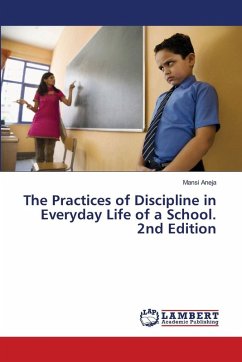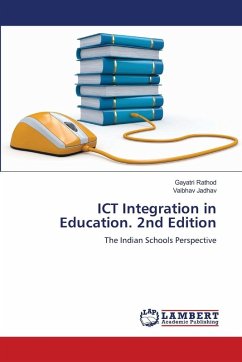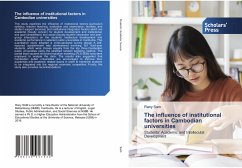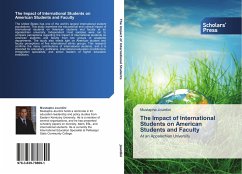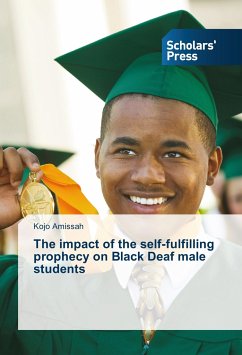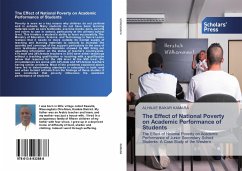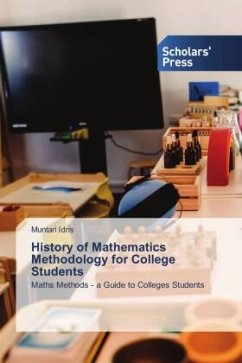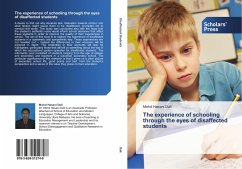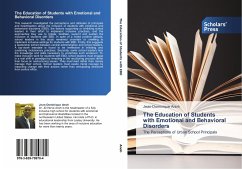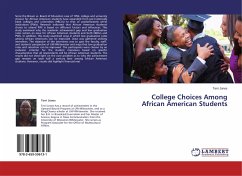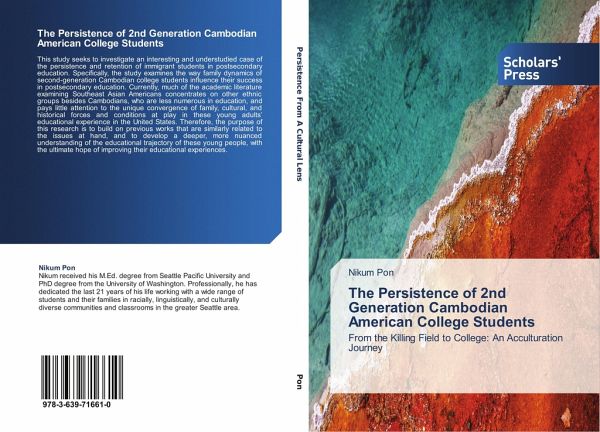
The Persistence of 2nd Generation Cambodian American College Students
From the Killing Field to College: An Acculturation Journey
Versandkostenfrei!
Versandfertig in 6-10 Tagen
45,99 €
inkl. MwSt.

PAYBACK Punkte
23 °P sammeln!
This study seeks to investigate an interesting and understudied case of the persistence and retention of immigrant students in postsecondary education. Specifically, the study examines the way family dynamics of second-generation Cambodian college students influence their success in postsecondary education. Currently, much of the academic literature examining Southeast Asian Americans concentrates on other ethnic groups besides Cambodians, who are less numerous in education, and pays little attention to the unique convergence of family, cultural, and historical forces and conditions at play in...
This study seeks to investigate an interesting and understudied case of the persistence and retention of immigrant students in postsecondary education. Specifically, the study examines the way family dynamics of second-generation Cambodian college students influence their success in postsecondary education. Currently, much of the academic literature examining Southeast Asian Americans concentrates on other ethnic groups besides Cambodians, who are less numerous in education, and pays little attention to the unique convergence of family, cultural, and historical forces and conditions at play in these young adults educational experience in the United States. Therefore, the purpose of this research is to build on previous works that are similarly related to the issues at hand, and to develop a deeper, more nuanced understanding of the educational trajectory of these young people, with the ultimate hope of improving their educational experiences.



